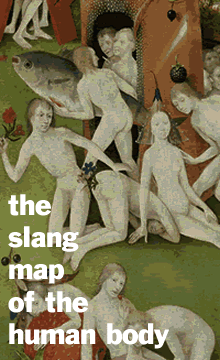bogue
Definition: (adjective) disgusting, bad
Example: I can’t believe Sheila thought she could sit at our table at lunch! She is so bogue!
Quote:
“But notwithstanding all the wine, women and song, the Golden State and its 47 contiguous neighbors stopped producing championship surfers after the mid '60s. Competition was un-cool. Who could get amped for [excited about] anything so bogue?”
The big news around here is that tonight, U2 is playing a surprise concert in the Somerville Theater, located a block from my house, for 900 of their close personal friends. I know this because when I came home from work last night, there were already crews from every television station in Boston parked out on my street, but nothing was on fire.
Sadly, I do not number among their close personal friends, so I’ll have to settle for celebrating the event with some slang popular in the band’s early days (and try to find somewhere else to spend the evening. I suspect it will be a madhouse here).
Bogue, around since the sixties, was common in the seventies and still in use in the eighties, as demonstrated by the quote above. However, it had already largely dropped out of the lexicon by that time.
The older, similarly spelled bogus (meaning wrong or unfair) started gaining ground as bogue lost it and reached a peak of popularity in the late eighties when it appeared in teen comedies like Bill and Ted’s Excellent Adventure (1989). In a pivotal scene, for example, Bill reacts to Ted’s possible demise with “Bogus! Heinous! Most non-triumphant.” The film’s sequel, released in 1991, was actually called Bill and Ted’s Bogus Journey.
I had thought bogus might have gone the way of the dinosaur as well, but apparently, I don’t spend enough time with 12-year-old girls. Hunting around for current examples, I found teen heartthrob Kevin Jonas commiserating with television character Hannah Montana over the “bogus”-ness of her father’s behavior.



